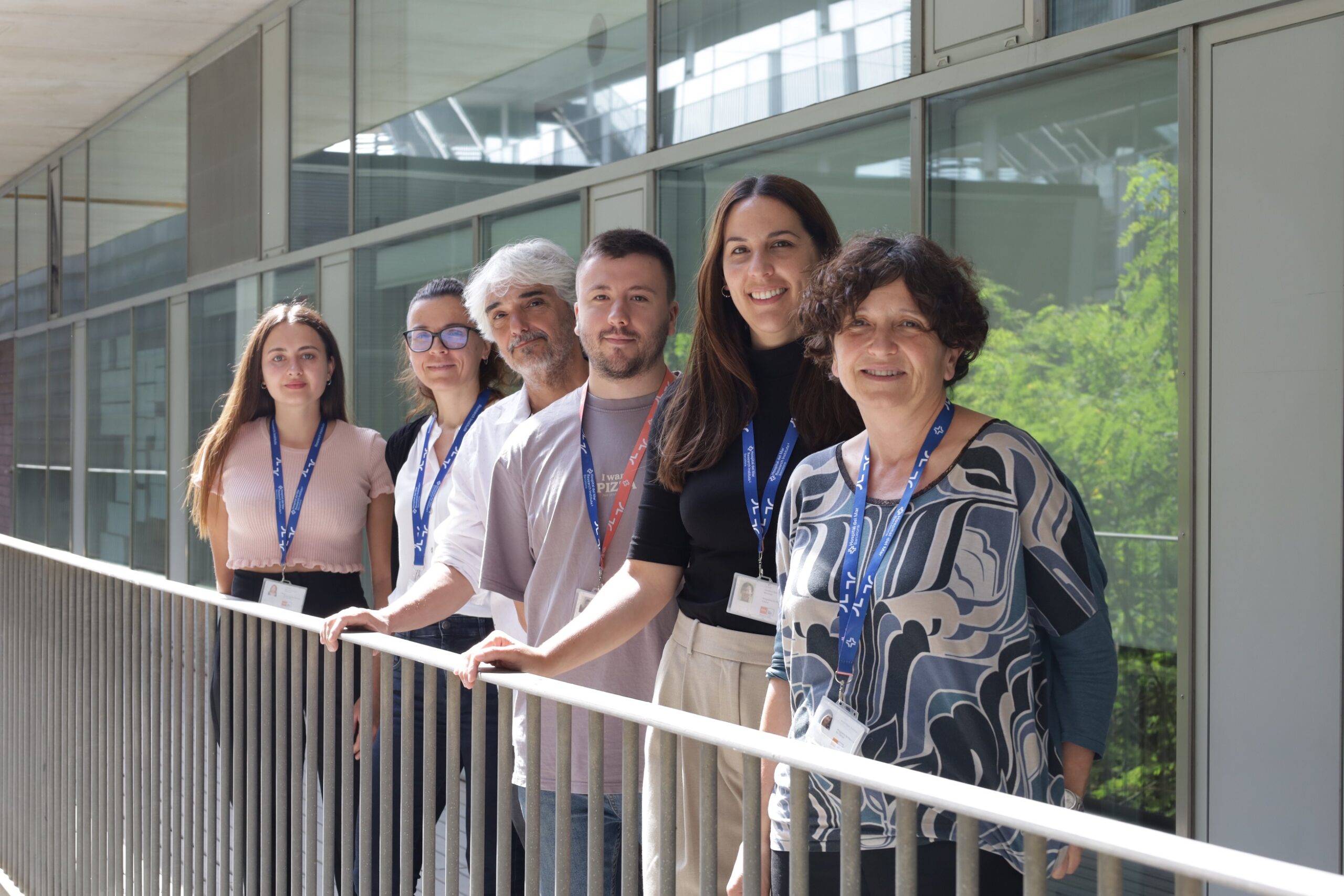IkBα, a protein that opens the door to creating blood stem cells in the laboratory.

Until now, obtaining hematopoietic stem cells in the laboratory was impossible. A study published in the journal Nature Communications shows the role Ikbα, a protein that paves the way for the regulation of stem cell-related genes.
Researchers from the Del Mar Hospital Research Institute, the Josep Carreras Leukemia Research Institute and Ciber del Cancer (Ciberonc) led Dr. Anna Bigas, were responsible for studying the possible role of IkBα, a protein involved in the regulation of stem cell-related genes.


Studying delves into the biological mechanisms that explain how protein reduces retinoic acid levels, which is fundamental in transferring cells to a state of rest. That is, it ensures that they remain inactive and do not differentiate.
Dr. Bigas: “Activating or inhibiting IκBα may allow us to have a tool to control the characteristics of blood stem cells and make it easier for these cells to go to sleep and remain in the state in which they were created.”
The study shows that when Ikbα is eliminated, retinoic acid levels increase, cells “they are sleeping” So “We are enriching a population of cells that is usually very scarce, but performs the most primitive function of stem cells, the most conserved and persists throughout life.” Dr. Bigas noted.
However, despite the reduced number, the hematopoietic stem cells from the modified embryos still had the potential to become different cells. Moreover, upon transplantation they were activated and differentiated. “Activate or inhibit IκBα This may allow us to have a tool to control the characteristics of blood stem cells and make it easier for these cells to go to sleep and stay in the state in which they were created. In the future, we could induce the differentiation of embryonic cells into hematopoietic stem cells, prevent them from differentiating and make them available for transplantation into the patient.” Dr. Bigas explained.
However, currently the only real source for this type of treatment is donation from a healthy person. Thus, this research moves in the direction ““The ultimate goal is to create hematopoietic stem cells in the laboratory so that they can be used for a variety of purposes, whether direct stem cell transplantation into leukemia patients or gene therapy treatments for other diseases.”, – the specialist emphasized. The researchers conducted the study on mouse embryos but were optimistic about transferring them into human cells.
